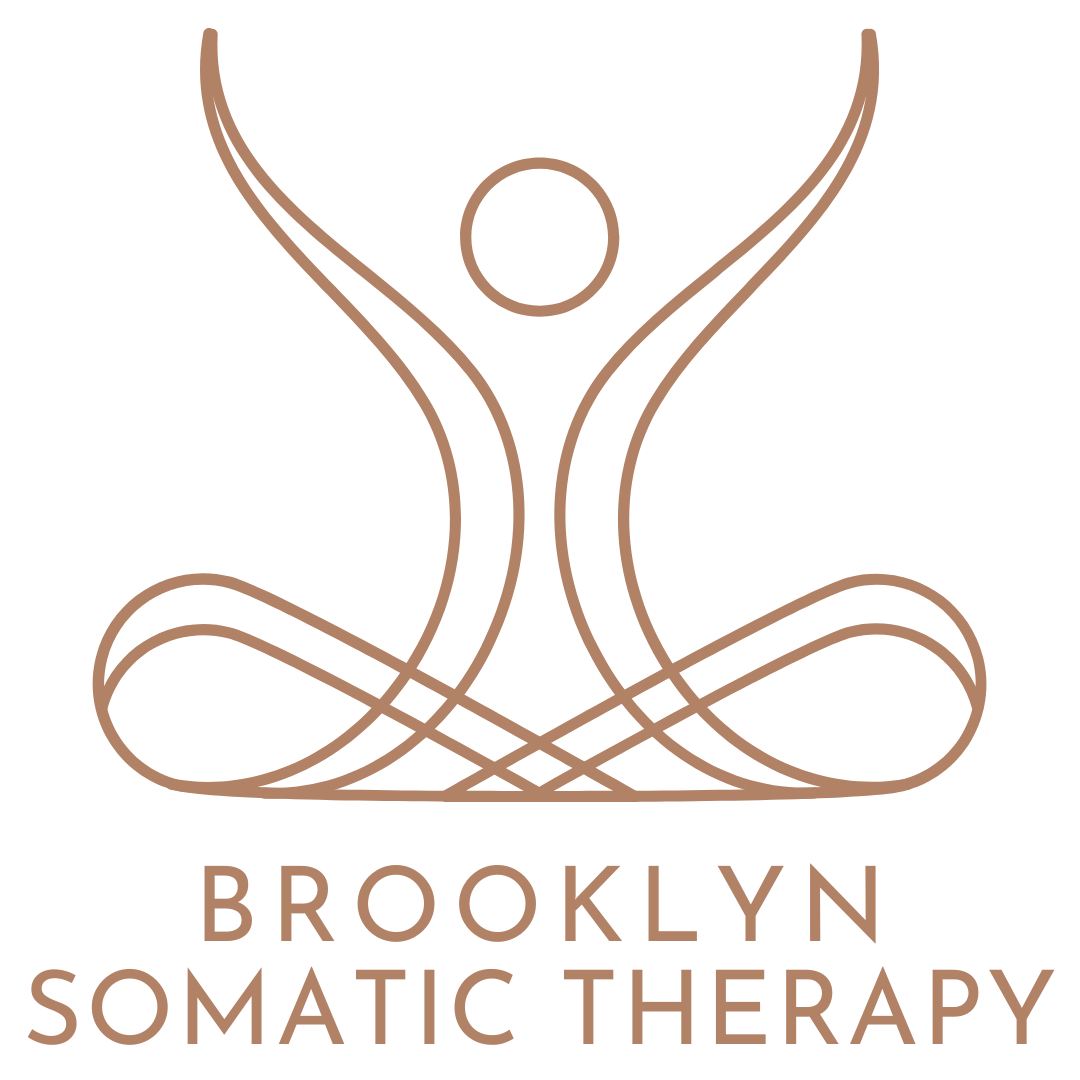Hidden Family Patterns May Hold the Key to Mental Health
Have you ever wondered why certain fears or anxieties feel so familiar, even when you can't trace them to your own experiences? Science is revealing something remarkable: Traumatic experiences don't just affect the people who experience them directly—they can actually change a person’s biology in ways that get passed down to their children and grandchildren.
Researchers studying the families of Holocaust survivors discovered that their descendants had elevated stress hormone levels, even though these children and grandchildren never lived through the original trauma themselves. In another fascinating study, scientists exposed mice to the scent of cherry blossoms while giving them mild electric shocks. Amazingly, the traumatized mice's babies—who never experienced any shocks—exhibited a fear response to the same cherry blossom scent, showing that traumatic memories can literally be inherited through our genes.
While the scientific world has come into broad acceptance of the validity of intergenerational trauma, a recent study has yielded results about how people can actually heal these inherited emotional patterns—specifically through a technique called Family Constellations therapy.
What Is Family Constellations Therapy?
For those unfamiliar with this approach, Family Constellations is a therapeutic method that helps people understand and heal the invisible emotional patterns that flow through families across generations. This approach recognizes that families operate as interconnected systems where unresolved trauma, secrets, or conflicts from previous generations can manifest as anxiety, depression, or relationship struggles in current family members.
To illustrate: Imagine someone who experiences chronic anxiety that doesn't seem connected to their current life circumstances. In a Family Constellations session, they might discover that their grandmother survived a war, but never processed the fear and hypervigilance that kept her alive. That unhealed trauma pattern could be living in their nervous system, showing up as seemingly inexplicable anxiety decades later.
Most of the time, Family Constellations is done in a group setting, so that each participant can choose others to stand in for the family members whose lives and traumas need to be better understood. This physical representation of the family allows the participant and therapist to visually track and interpret patterns, alliances, and ruptures in the family system. However, Family Constellations work can also be done with individual clients. A client might use inanimate objects to represent family members, or even move around to different spots in the room to represent them one at a time, exploring the emotional connections and dynamics between them. The study we will focus on here looks at Family Constellations done in a one-on-one therapy setting.
Breakthrough Research Findings
The study, conducted in Portugal, worked with 75 adults experiencing depression, anxiety, and stress through individual Family Constellations sessions. The results were remarkable: after just 7-8 sessions, 88% of participants showed significant improvement in symptoms.
These weren't minor improvements. People experienced substantial reductions in depression, anxiety, and stress that made real differences in their daily lives. The changes were large enough to be considered clinically meaningful, representing the kind of shifts that actually matter when someone is struggling to get through each day.
The Body Remembers
Unlike traditional talk therapy where people sit and analyze their problems verbally, Family Constellations invites people to explore their family patterns through movement and physical awareness. Instead of just thinking about why they feel disconnected from their father, someone might literally feel the emotional distance by standing across a room and noticing what happens in their body.
This approach can access emotional information that gets stored in the nervous system—feelings and patterns that sometimes resist purely cognitive approaches to healing. When someone has inherited anxiety or depression from family trauma, their body often holds that information in ways that talking alone can't always reach.
Looking Forward
While more research is needed to fully understand how Family Constellations creates such significant changes, these findings offer genuine hope for people seeking alternatives to longer-term therapeutic processes. The combination of addressing family system patterns while working with the body's stored emotional information may provide access to healing that feels both profound and surprisingly rapid.
For those curious about exploring their family patterns in a more experiential way, reach out to us at Brooklyn Somatic Therapy, as several of our clinicians are trained in Family Constellations work. The effectiveness of of this approach validates what many feel intuitively - that our healing journeys often involve understanding not just our individual stories, but the deeper currents that have shaped our families across generations. And by doing this hard but transformative work, we can stop the transmission of trauma in its tracks, preventing it from reaching the generations to come.
Reference: Ramos, S., & Ramos, J. A. (2025). Exploring the effectiveness of individual family constellations for adult psychoemotional distress: A quasi-experimental study. Practice Innovations.
